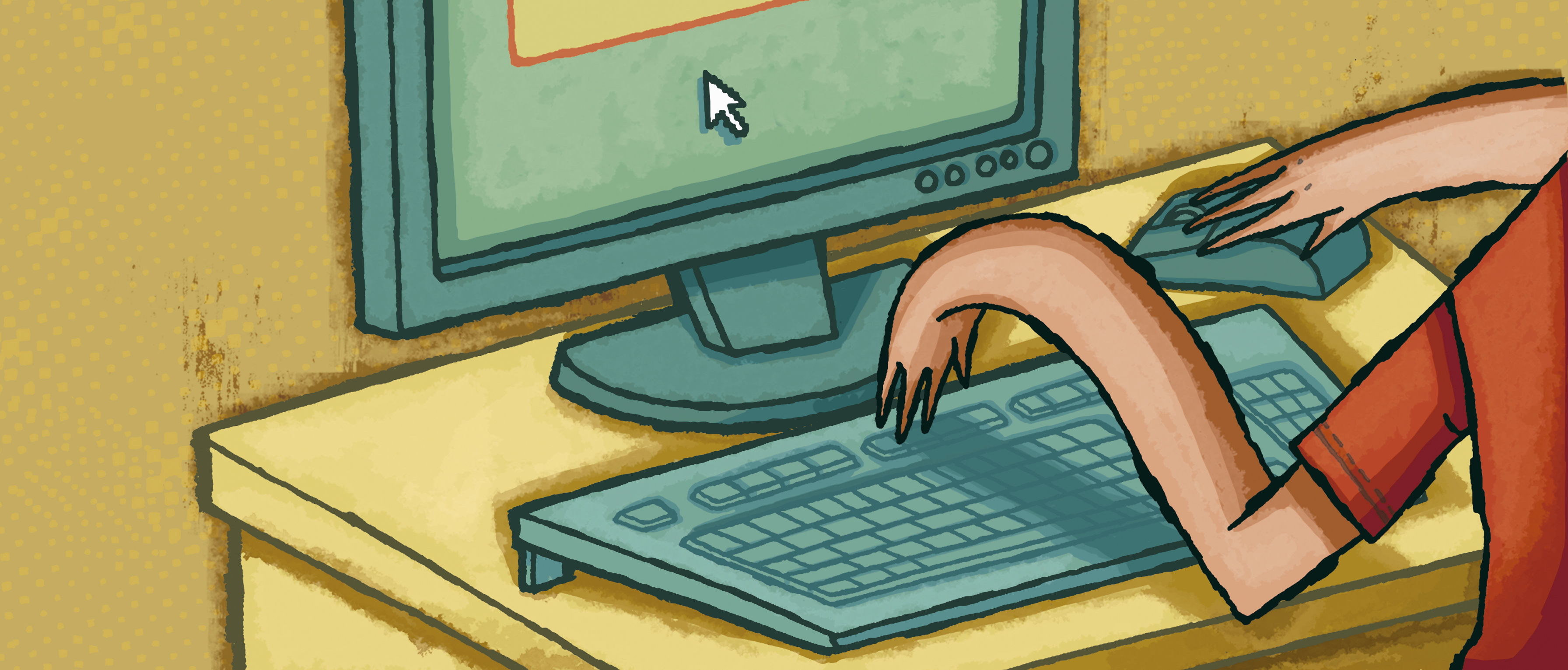
From violence and unrest in US cities to an election that highlighted our nation’s political and social divides, 2016 has been a challenging year for many Americans.
How can we help bridge these divides, expand opportunity, and improve lives? While we don’t have all the answers, evidence can guide us toward solutions. In 2016, Urban Institute researchers shared their perspectives on the nation’s challenges and opportunities and offered lessons that can carry into 2017 and beyond.
Banning the box might increase racial discrimination
Christina Plerhoples Stacy: “The status quo is clearly not the answer, and there’s no doubt that the intent of ban-the-box legislation is good. However, the policy may be causing increased discrimination against groups that disproportionately have a criminal history.”
To talk about structural racism, we have to talk about white privilege
Margaret Simms and Elaine Waxman: “Conversations about race, poverty, and wealth in America often focus on individual agency and achievement, despite deep evidence that societal structures play a pivotal role.”
Pokémon GO is changing how cities use public space, but could it be more inclusive?
Shiva Kooragayala and Tanaya Srini: “Pokémon GO facilitates virtual placemaking, as players are finding new meaning in their daily commutes, exploring new areas of their neighborhoods, and perhaps forming relationships they never would have otherwise. But…placemaking can only be as inclusive as the population engaged in the process.”
The stalled, struggling black middle class
Steven Brown: “More than 35 percent of black children raised in the middle of the income distribution will drop into the bottom 30 percent as adults.”
The real disaster(s) in Flint’s water crisis
Carlos Martín: “What should the federal government do when the state and the local governments intensify the severity and magnitude of a crisis? And what should be done when the crisis is human made? Disaster declarations are not meant to fix bad local and state decisions.”
The problem with talking about “inner cities”
Shiva Kooragayala: “Trump[’s plan] misses an important reality: not all African Americans live in the ‘inner city,’ which in itself is a vague and loosely defined geography. The evidence also shows that African Americans, like every other community living in the United States, are too diverse for generalizations as broad as Trump’s plan implies.”
Six million Americans are not allowed to vote
Annie Gurvis: “Currently, the right to vote based on past mistakes hinges largely on where one lives in this country. Is that something our society will continue to accept?”
To the next HUD secretary: America can’t be great if we abandon fair housing
Margery Austin Turner, Rolf Pendall, Solomon Greene, and Mary Cunningham: “We know that every year a child lives in a distressed neighborhood reduces their earnings as adults. Our country cannot be great if we squander the potential of any of our children.”
Tune in and subscribe today.
The Urban Institute podcast, Evidence in Action, inspires changemakers to lead with evidence and act with equity. Cohosted by Urban President Sarah Rosen Wartell and Executive Vice President Kimberlyn Leary, every episode features in-depth discussions with experts and leaders on topics ranging from how to advance equity, to designing innovative solutions that achieve community impact, to what it means to practice evidence-based leadership.